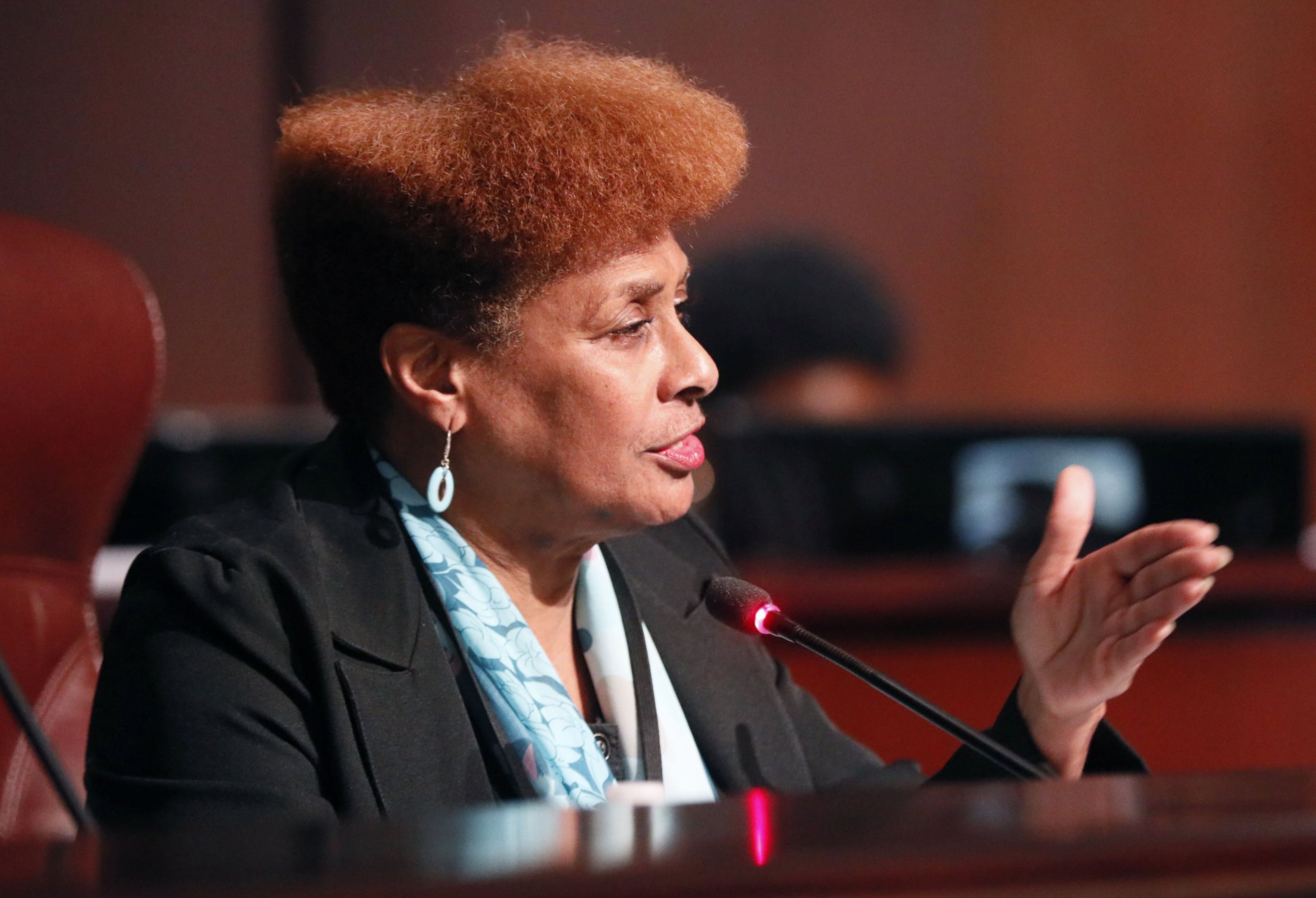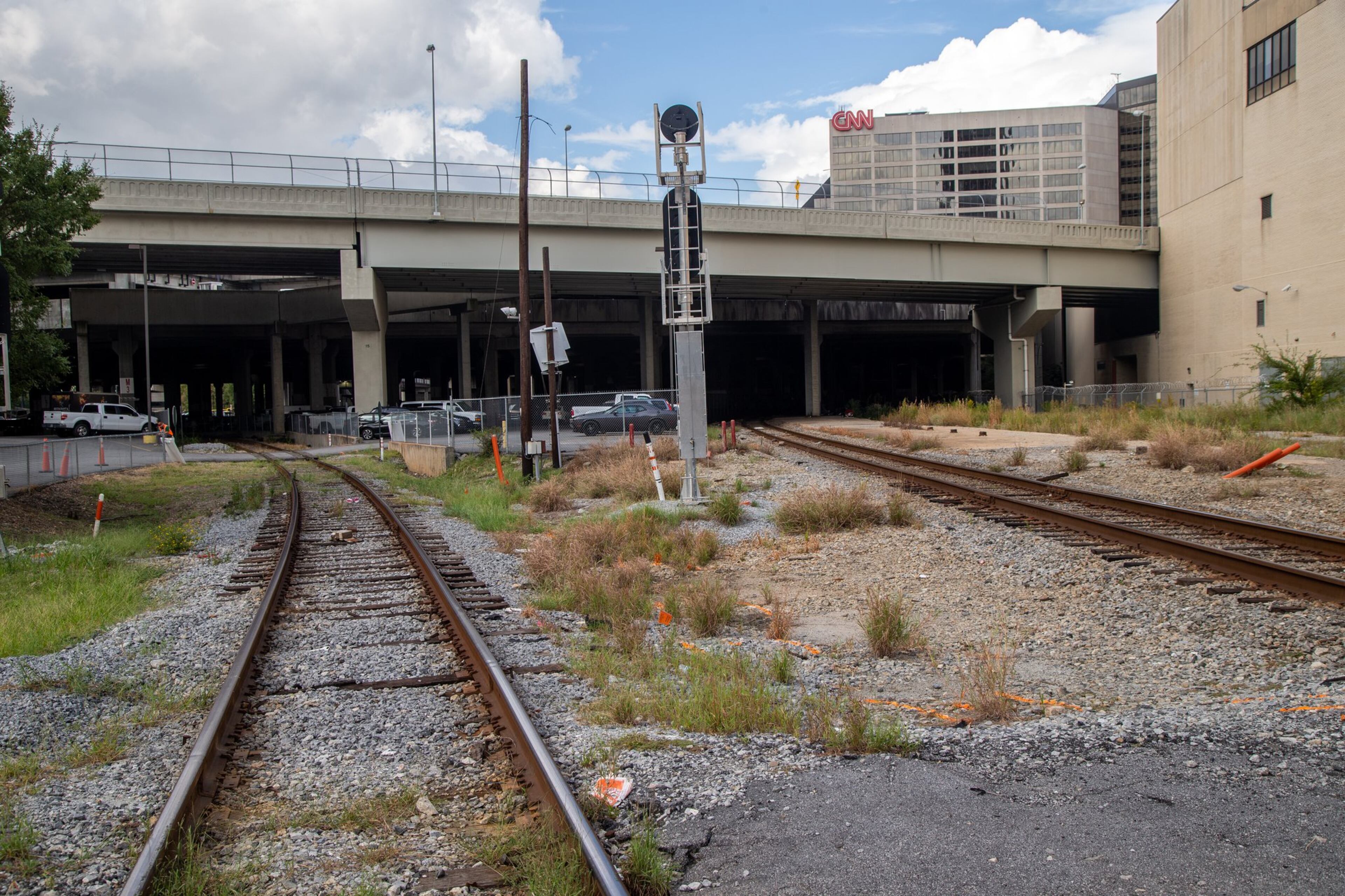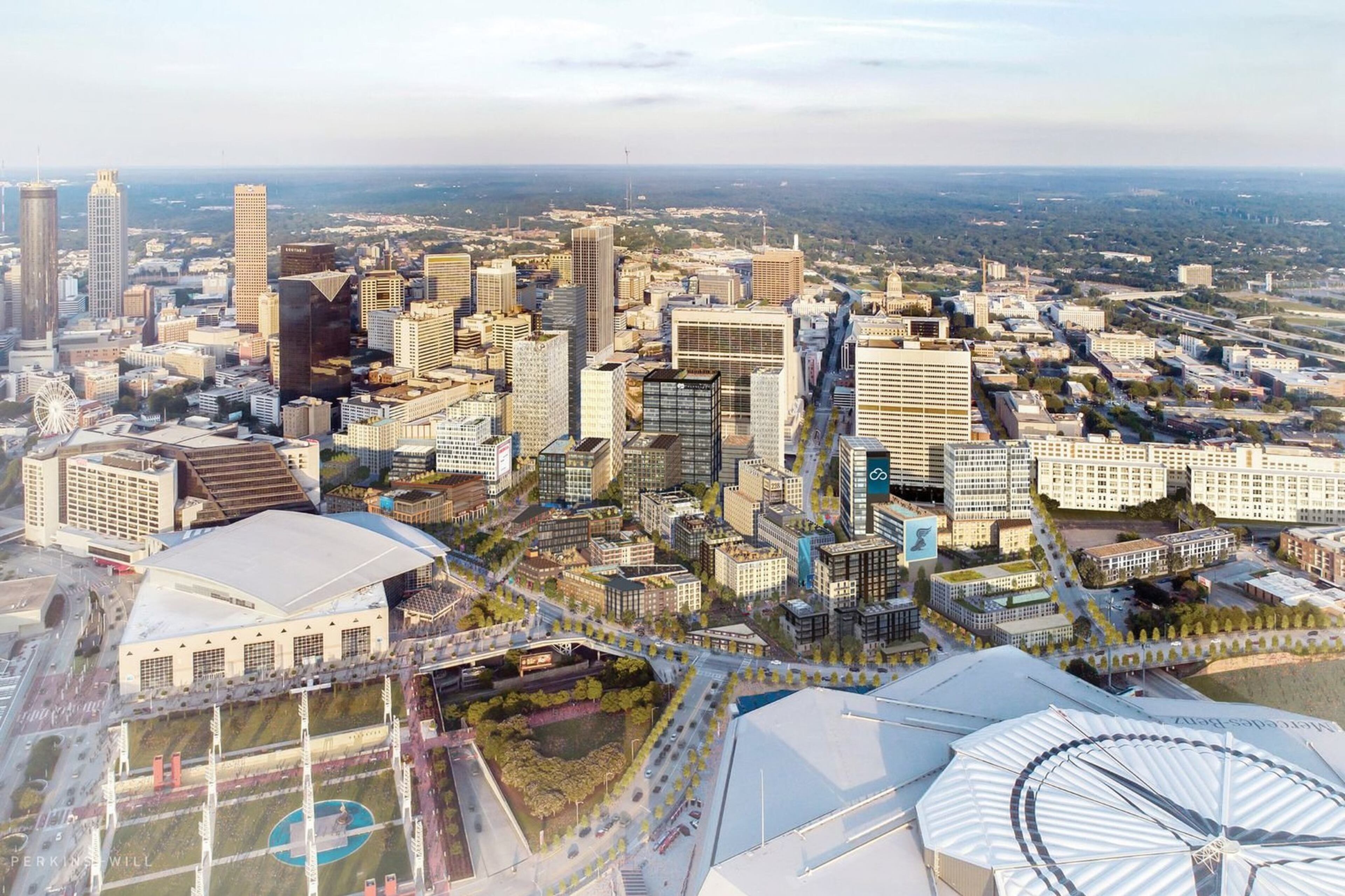Torpy at Large: How the 10-hour slog to a Gulch win leaves us spent
In the end, Big Money won out. I thought Atlanta City Council members opposed to the Outrageous Gulch Giveaway might make a heroic last stand.
But they never had a chance. You remember how it worked out for Custer.

The $1.9 billion taxpayer subsidy to build a gleaming mini-city in the weedy railroad gulch where Falcon fans tailgate was narrowly approved Monday as midnight approached. The public debate, which went on for roughly 10 hours, brought forth all that Atlanta politics has to offer: Outraged citizens, dueling preachers, minority business owners seeking a leg up, impassioned speechifying and monied interests stealthily waiting on the sidelines.
It would have been difficult to turn down this supposed economic tsunami hatched by the L.A.-based firm CIM Group and former Mayor Kasim Reed. Those voting against the plan were swimming upstream against the mayor’s office, the governor, the Legislature, the chamber of commerce, Central Atlanta Progress, local businesses looking for a payday, and the promise of $5 billion in construction.
Yes, $5 billion worth of new development is a solid boost for a downtown that has consistently lagged behind other cosmopolitan burgs. But almost 40 percent of that grand total would be taxpayer cash — the $1.9 billion subsidy. That money will remain in the deep pockets of the developer. They even keep the new streets.
“It smacks of corporate welfare,” said Johnny Martinez, who has opened two Edgewood Avenue watering holes on the eastern edge of downtown.
"There is no groundswell" for this plan, he told the council. He said he saw city workers carrying boxes of "Green Light the Gulch" T-shirts printed to counteract the "Red Light the Gulch" crowd that has hounded city officials for two months. He showed me a video of Councilwoman Cleta Winslow, who drove through the deal in the late hours, passing out the shirts before the meeting.
“I don’t have a problem with a fair fight,” Martinez told me later. “But I have a problem with people putting their thumb on the scale.”
Local activist Tim Franzen showed me a photo of three men wearing Green Light the Gulch shirts. He talked with the men, who told him they came from a rehab center. One man told him that he got $20 and a box lunch to come to City Hall. And a free T-shirt.
“There’s a fine line here,” Franzen said. “I mean it’s great to feed someone. But if you’re paying someone to come here from a rehab center, then that seems to cross the line.”
Well, all’s fair in love and (development) war, Mr. Franzen.
The pro-Gulch campaign was carefully orchestrated by Mayor Keisha Lance Bottoms, who started with heavy artillery: civil rights legend and former Mayor Andrew Young, who kicked off the more than four hours of public comment. (It may have been longer; I flipped off my brain for a while.)
Young gave a meandering history lesson that verged from 1960s Mayor Ivan Allen to the Ga. 400 extension to the airport to the Olympics to all sorts of other things. His point was that We Do Big Stuff in Atlanta. And sure, folks sometimes squawk.
“If nobody makes an investment, there’s no money,” said Young, which I think means you have to prime the pump or break eggs to make an omelet or something.

As the speakers droned on, clusters of prosperous-looking people in suits — lawyers, financiers, consultants and high-level bureaucrats — clustered outside the council chambers, tittering happily through the day, no doubt confident in the open rumor that two council no-votes had flipped from red to green. They were new councilmen J.P. Matzigkeit from Buckhead, and Dustin Hillis from northwest Atlanta.
Several black business owners and leaders of minority organizations came to express support of the plan.
H. Jerome Russell, the head of a prominent black-owned construction business, mentioned Atlanta’s infamous disparity of haves and have nots and called the plan an “economic mobility booster.”

Steve Barnes, president of Bryson Constructors, said “it’s almost senseless not to” pass the deal, urging the council to “not worry about the small stuff. We have $2 billion in opportunity.”
By $2 billion, he was referring to the developer’s promise that 38 percent of the $5 billion in contracts would go to minority-owned or women-owned businesses. Why wouldn’t the speakers be enthused? If you’re in the pipeline, darn tootin’ you’re for this, whether it’s a good idea or not.
It doesn’t mean the scheme needs to happen, however. There’s plenty of available land that doesn’t require this much public investment. Proponents say the 40-acre stretch of railroads isn’t generating tax money, so forgoing $1.9 billion in future sales and property tax that would be generated at the site won’t hurt anything. (The deal allows CIM to keep $625 million in property taxes it would have paid over the next 20 years and $1.25 billion of future sales tax generated at the site.)
Critics say that offices and other developments that would have been built elsewhere, in locations that would have paid taxes, will instead move into the Gulch's tax-avoiding oasis. Call it economic cannibalization.

After much criticism, the city agreed to roll back CIM’s property tax abatement from 30 years to 20 years. These taxes pay for city and school services. This means that years from now, a current first-grader could become an adult paying more property taxes than CIM.
Matzigkeit, one of the swing votes, is a number-crunching executive who said the prospect of free money won him over.
He said the city’s portion of largess to the developer is only about $250 million, with $350 million coming from the schools and $1 billion from the state.
“If the state wants to pay that much, why not take it?” he told me after the vote.
A triumphant Mayor Bottoms came to the chambers to address the council after the vote, starting her comments with the words of Nelson Mandela, because somehow in Atlanta politics a large taxpayer giveaway to a billionaire developer conjures up visions of a man who nobly served out an unjust 27-year prison sentence.
Later, she added, “We have created a new model, one that will be replicated and will be the envy of cities across the United States.”
Hope not.



